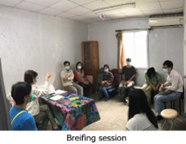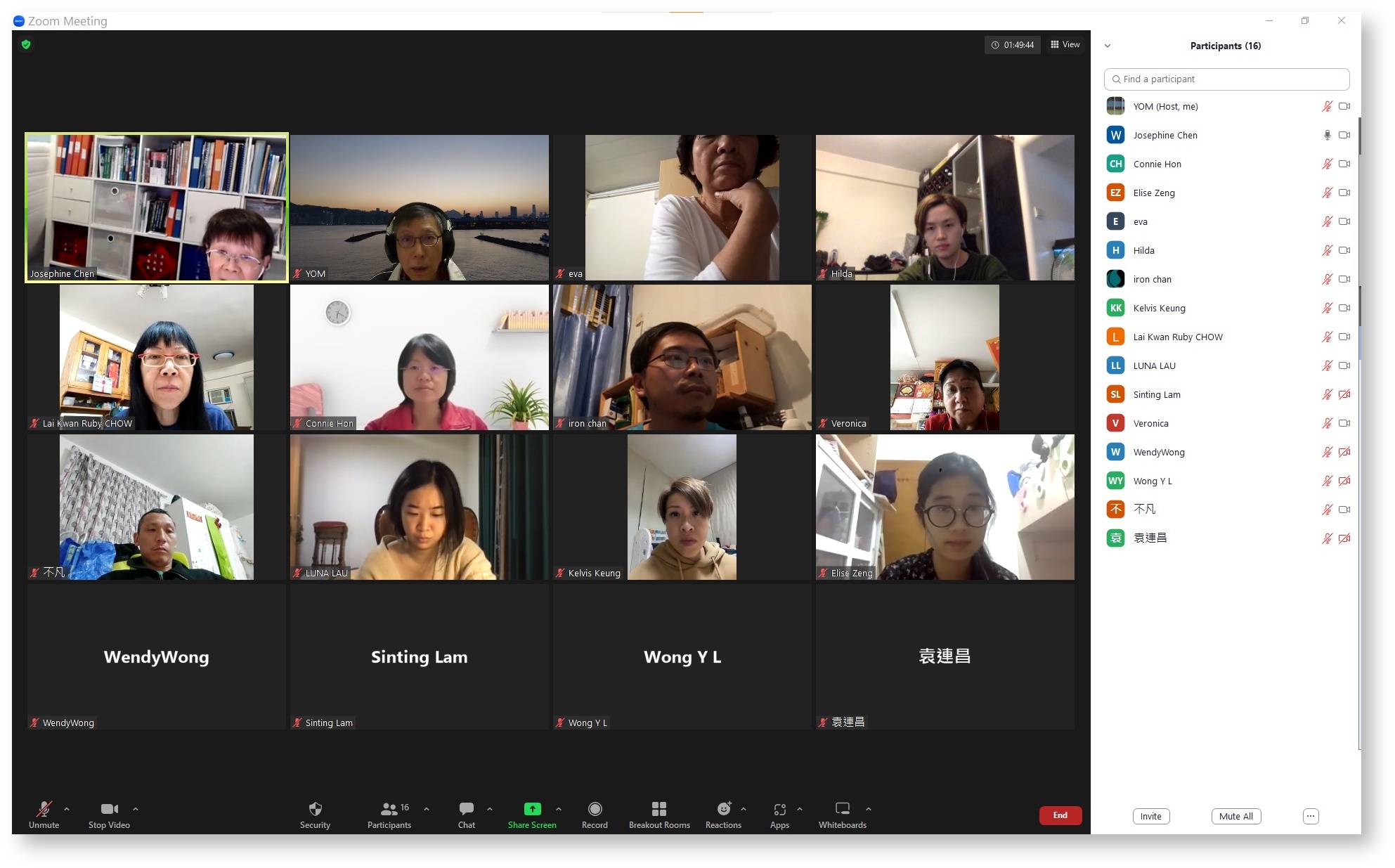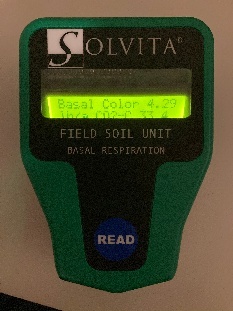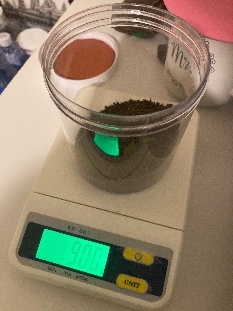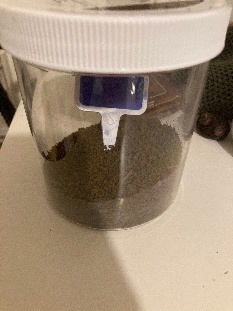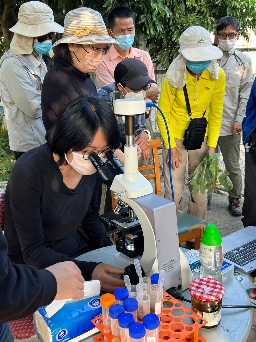Home | Events | Search by label | Get a booth | FAQ | Chat
Team
Hilda Chan
Josephine Chen
Sin Ting Lam
WL Ma
Wendy Wong
Daniel Yuen
Location
Hong Kong | China
Summary
Presentation
Collaboration with ZFPA – helping farms to make the switch
ZPFA reached out to HomelandGreen for assistance to launch a Restore project that promotes, amongst others, adoption of regenerative practices in local farms. The Restore project is funded by ZPFA’s restaurant partners.
Zero Foodprint Asia (ZFPA), an extension of Zero Foodprint (ZFP) in California, is a nonprofit organization mobilizing the food world around agricultural climate solutions. ZFPA hosts a crowdfunding program that gathers funds from member food businesses such as restaurants, cafes, bars and food retailers. Members pledge 1% of every restaurant purchase to ZFPA to fund regenerative farming practices that draw down carbon from the atmosphere and help combat global warming.
-- Excerpt from ZFPA Annual Report
Our role in this collaboration
| HomelandGreen advises the five local farms receiving the ZPFA Restore Fund with the transition to regenerative farming methods from using the fertilizer trio (chicken manure pellets, bone and peanut meal) to nutrient supplements, such as hydrolysate made from natural material such as fish, nut powder and other residue from food processing. The goal is to restore the soil microbiome and enhance the nutritional profile avoiding the adverse effects of conventional NPK or organic fertilizers without giving due consideration of their carbon consumption effect in soil. | |
| Throughout the project, we share with the farmers the how-and-why including the science behind it. This transfer of knowledge helps them to be better informed farmers. The weekly sharing session brings the participating farmers and the technical assistants of the Restore project together creating an RF community. | |
We also help to provide free training for the technical assistants who are responsible for monitoring the farms’ progress. The Restore project has also acquired various tools including soil penetrometer, soil sample collector, portable soil pH, temperature and humidity meter, various soil and sap ion meters, pH meter, conductivity CEC meter, Brix refractometer, CO2, and chlorophyll meter to collect data. They are used for progress assessment and fine tuning of daily practice. |
Our belief |
|---|
|
The basic premise of regenerative farming is science and evidence-based, it starts with restoring the vitality of the soil.
This document (Fundamental Principles of RF practices.pdf) summarizes the principles and methods HomelandGreen shares with farmers.
Some Tools and tests used in the Restore Project
| CO2 meter | |
| Field CO2 meter | |
Electrical conductivity probe | |
| MicroBiometer | |
| Moisture meter | |
| Penetrometer | |
Soil cube observation | |
| Soil infiltration test | |
| Plant roots observation | |
| Brix meter | |
| Nitrate meter | |
| Chlorophyll meter |
Challenges unique in Hong Kong farms
- Farm sizes are small and scattered ranging from 1,200 m2 to 25,000 m2. Much smaller than those in North America and Europe.
- Planting plots or paddocks are short, 3 m to 30 m in length.
- Intercropping is practiced by default as they are mostly market gardening farms for vegetables. More than 10 types of crops are grown at any time.
- Paddocks switched between various leafy veggies to fruiting plants such as eggplants, tomatoes, peppers, gourds/melons and corns.
- The F:B ratio requirements for these crops are different. The new crop has an easier time if the F:B ratio is similar to the previous crop. It is observed that corns on paddocks that previously grow leafy veggies take longer to establish. The farmers need to adjust the soil microbiome mix before planting to ensure the corns grow to their full potential early on. Unfortunately, most farmers are not aware of this and commonly falsely resort to applying more fertilizers.
- Brassicas including Chinese kale and Choy sum are veggies of choice here in Hong Kong. It is a challenge to grow brassicas in the humid and hot summer season resulting in reliance on fertilizers and pesticides.
- Cultural practices such as intercropping and crop rotation without considering F:B ratios requirement of crops yields hit-and-miss results. Crops may show sign of poor health with increased abiotic stress.
Soil pH is also driven by F:B ratio. No wonder some crops adapted to high F:B ratio prefer low soil pH (acidic) and low F:B ratio prefer neutral to higher soil pH (slightly alkaline; more lignin)
Other fronts
| Composting workshops | |
Preparing fish hydrolysate | |
| Providing consultation for student research project | |
Field works |
June 2023
Images
Meet the team
During the indicated periods, one of the team members is available for a video chat.
| Stand No | Time zone | +/-UTC | Date | Start local time (hh:mm) | Duration (hh:mm) | Attendant | Video chat link |
|---|---|---|---|---|---|---|---|
| 0166 | HKT | UTC+8 | Monday, 5 June 2023 | 18:30 | 01:00 | https://us02web.zoom.us/j/86189080225?pwd=TjdZazVlcTlvUTgvYjhpWVlsMWRLZz09 | |
| 0166 | HKT | UTC+8 | Tuesday, 6 June 2023 | 19:00 | 01:00 | https://us02web.zoom.us/j/86189080225?pwd=TjdZazVlcTlvUTgvYjhpWVlsMWRLZz09 | |
| 0166 | https://meet.jit.si/4p1000_stand_0166 |
Contact
Events & Calls
| Title |
|---|
| No content found. |
Resource
| Title |
|---|
| No content found. |
Profile
| Organization |
|---|
| No content found. |



